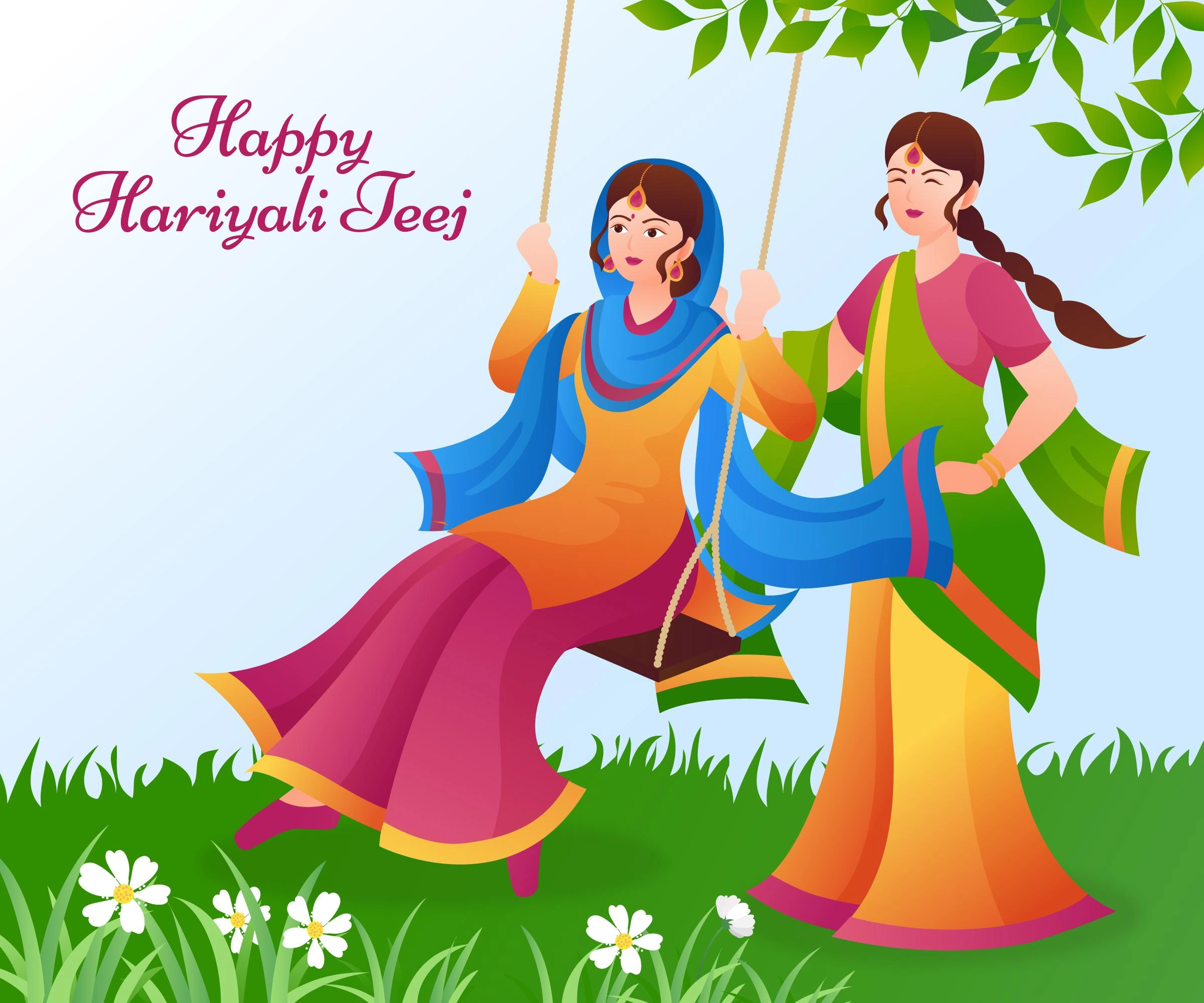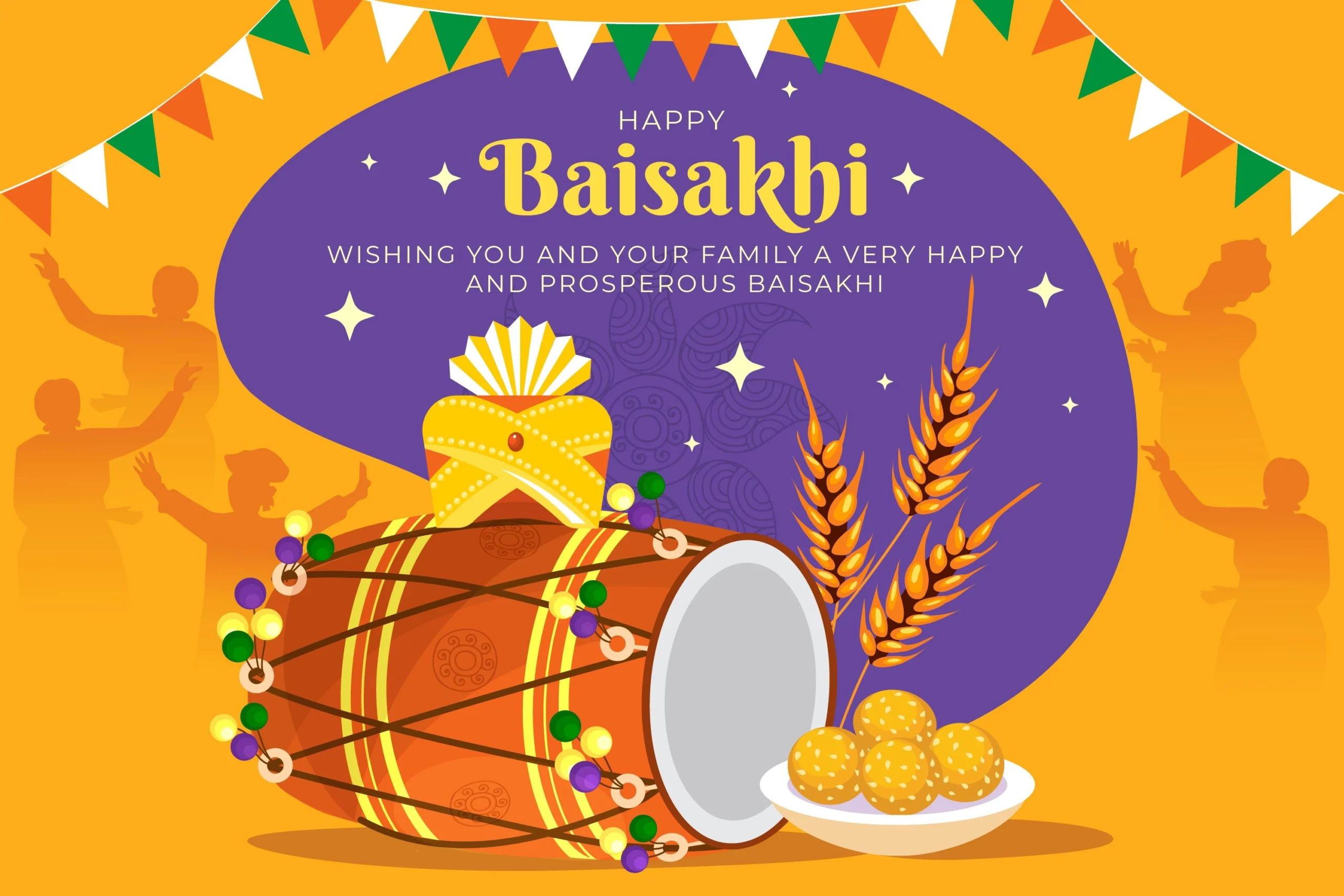Navaratri, one of the most vibrant and spiritually significant festivals in Hinduism, is a celebration that spans nine nights dedicated to the worship of the goddess Durga. The festival, which usually falls between September and October, marks a time of reflection, devotion, and cultural festivity. This guide will explore the traditions, rituals, and ways to celebrate Navaratri, offering insights into how you can fully immerse yourself in the joyous occasion.
Understanding Navaratri: A Festival of Devotion and Joy
Navaratri, which translates to “Nine Nights,” is celebrated to honor Goddess Durga, who symbolizes the victory of good over evil. The festival is marked by a variety of customs and rituals that vary across regions, but the central theme remains the same—devotion to the divine feminine energy.
Historical and Cultural Significance
Navaratri’s origins are deeply rooted in Hindu mythology and history. It is believed to commemorate the victory of Goddess Durga over the buffalo demon Mahishasura, symbolizing the triumph of righteousness and virtue. The festival also coincides with the harvest season, making it a time of abundance and gratitude.
The Significance of Each Day
Each of the nine nights of Navaratri is dedicated to a different form of the goddess, known as the Navadurga. These forms include:
- Day 1: Shailaputri – Represents the daughter of the Himalayas and signifies purity and devotion.
- Day 2: Brahmacharini – Symbolizes austerity and self-discipline.
- Day 3: Chandraghanta – Embodies bravery and the power to overcome obstacles.
- Day 4: Kushmanda – Represents the creative energy of the universe.
- Day 5: Skandamata – Signifies motherhood and nurturing qualities.
- Day 6: Katyayani – Represents courage and the destruction of evil.
- Day 7: Kalaratri – Symbolizes the fierce and protective aspect of the goddess.
- Day 8: Mahagauri – Embodies purity, wisdom, and serenity.
- Day 9: Siddhidatri – Represents the achievement of spiritual enlightenment and fulfillment.
Preparing for Navaratri: Essentials and Practices
Preparation for Navaratri involves both spiritual and practical aspects. Here’s how you can get ready for the festival:
Cleaning and Decorating Your Home
Navaratri is an excellent time to clean and beautify your living space. In many households, people clean their homes thoroughly to invite positive energy and create a conducive environment for worship. Decorating with vibrant colors, flowers, and lights adds to the festive spirit.
Fasting and Dietary Preparations
Fasting is a common practice during Navaratri. While some people fast for all nine days, others may choose to observe partial fasts. Traditional foods include fruits, nuts, and specific grains like sabudana (tapioca pearls). It’s also a time for preparing and sharing special sweets and savory dishes with family and friends.
Purchasing Puja Items
Gather the necessary puja (worship) items such as:
- Idols or Images of Goddess Durga – For daily worship and prayers.
- Puja Thali – A plate for offering flowers, incense, and other offerings.
- Garlands and Flowers – For decorating the altar and offerings.
- Incense Sticks and Candles – To create a spiritual atmosphere.
Celebrating Navaratri: Rituals and Activities
Navaratri is celebrated with a mix of religious rituals, cultural performances, and community activities. Here’s a rundown of what you can expect:
Daily Puja and Aarti
Each day of Navaratri involves performing puja and aarti (devotional songs) dedicated to the goddess. This usually includes:
- Morning Puja – Lighting a lamp and offering flowers, fruits, and prayers to the deity.
- Evening Aarti – Singing hymns and devotional songs to honor the goddess.
Garba and Dandiya Raas
In many regions, especially in Gujarat, the festival is famous for its energetic dance forms—Garba and Dandiya Raas. These dances are performed in a circle, often around a central image or idol of the goddess, and involve traditional music and vibrant costumes. Participating in these dances is a joyful way to celebrate and connect with the community.
Hosting and Attending Special Events
Navaratri is also a time for hosting and attending special events, including:
- Pooja Gatherings – Friends and family come together for communal worship and celebrations.
- Cultural Programs – Many places host cultural events featuring music, dance, and drama based on Hindu mythology and folklore.
Observing the Nine Nights
Each night of Navaratri is dedicated to specific rituals and prayers. Observing these rituals helps in deepening your connection with the divine and enhances the spiritual significance of the festival.
Community Involvement and Charity
Navaratri is not only a time for personal devotion but also for community engagement and charitable activities. Participating in or organizing charity events, such as distributing food to the needy or supporting local causes, is a meaningful way to honor the spirit of the festival.
Volunteering and Donations
Consider volunteering your time at local temples or community centers that host Navaratri events. Donations to charitable organizations or participating in community service can also be a way to contribute to the welfare of others.
Organizing Community Celebrations
If you’re part of a community, organizing or participating in communal celebrations can enhance the festive spirit. Events such as potlucks, cultural performances, and group worship can foster a sense of unity and joy.
Conclusion
Navaratri is a festival rich in spiritual significance and cultural vibrancy. By understanding the historical and religious aspects of the festival, preparing thoughtfully, and engaging in the rituals and community activities, you can fully embrace and celebrate this joyous occasion. Whether you participate in traditional practices or engage in community events, Navaratri offers a profound opportunity for devotion, reflection, and festivity. Embrace the festival with an open heart, and let the spirit of Goddess Durga inspire and guide you throughout the nine nights of celebration.


